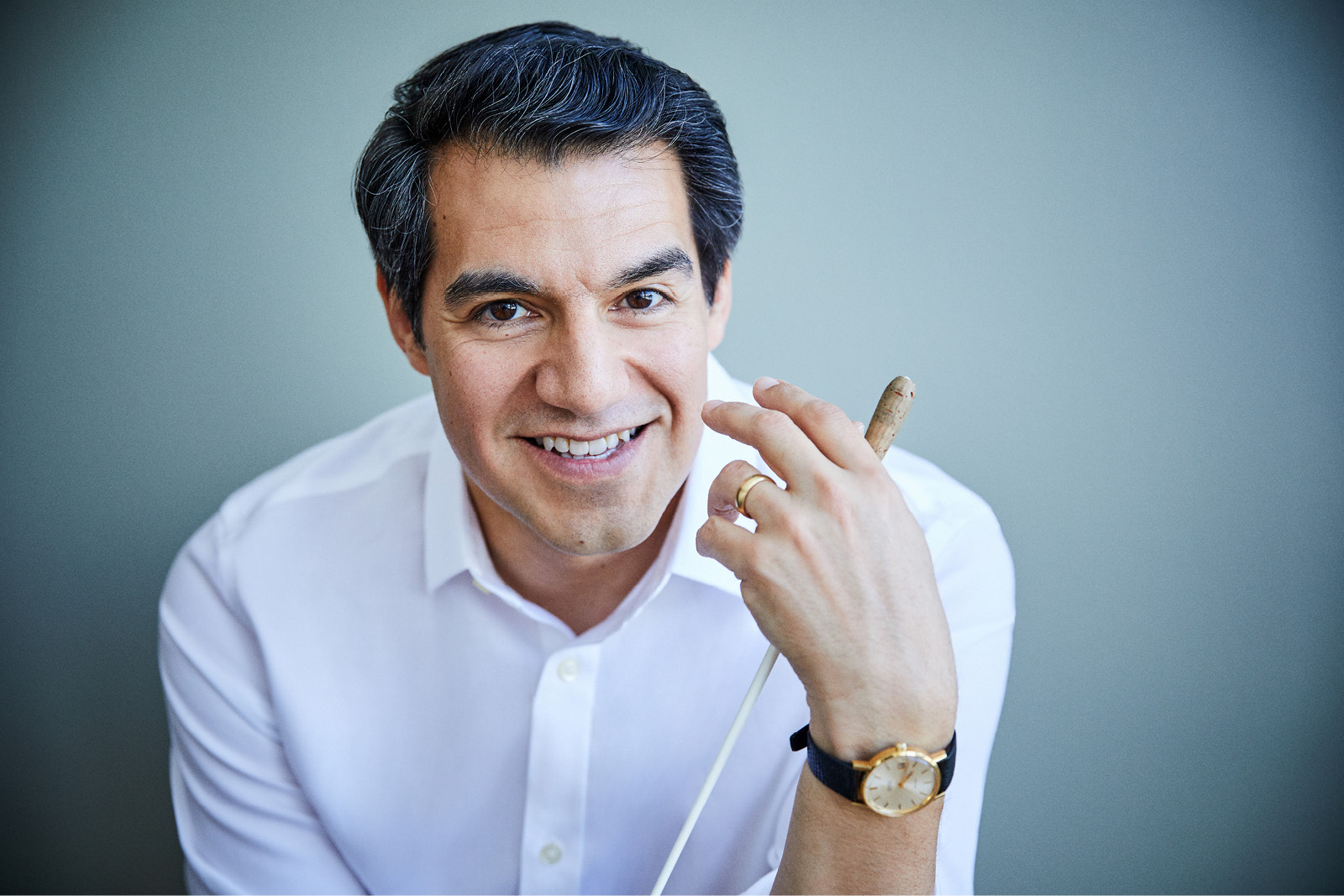You grew up in Peru. How did you find your way into classical music?
You have to go back in time. I was born in 1968 and Peru became a dictatorship shortly afterwards. For the first 10 years of my life it was a Communist country – shortage of food and this and that restrictions – and very isolated from what we call classical music.
 Miguel Harth-Bedoya. Photo © Michal Novak
Miguel Harth-Bedoya. Photo © Michal Novak
However, Peru has an enormous musical legacy, millennia as far as we know. Music was everywhere – and still is – but because of lack of devices, internet, recordings and radio, music had to be made. Everyone had to be musical to a degree – play an instrument, sing or dance – and I grew up in that culture.
What made you think conducting might be a career for you?
I didn’t really have the talent to play the piano well or the violin well. I was awful [laughs]. I didn’t have a good voice either, so it was a process of elimination. I came up through the opera theatre working backstage for the company Luigi Alva ran after he had retired from singing.
I...











Comments
Log in to join the conversation.